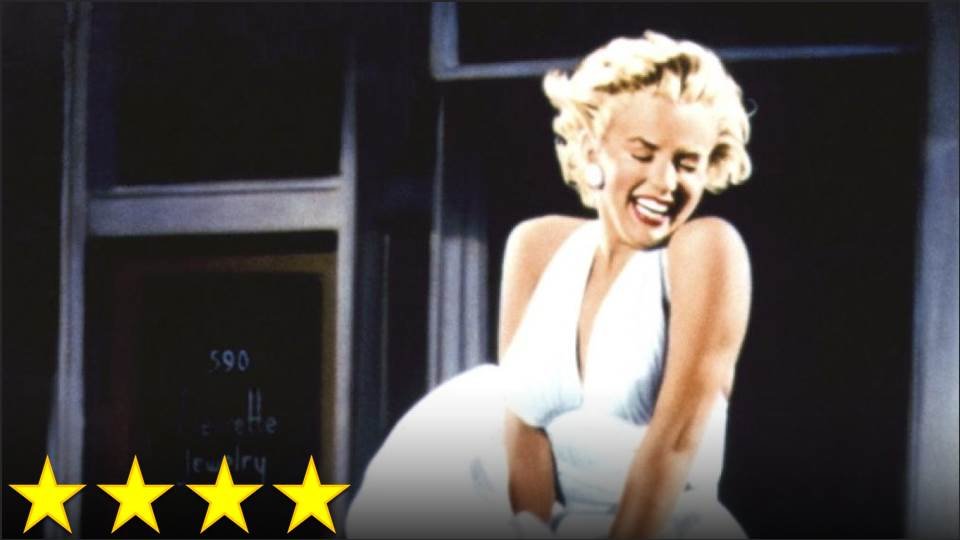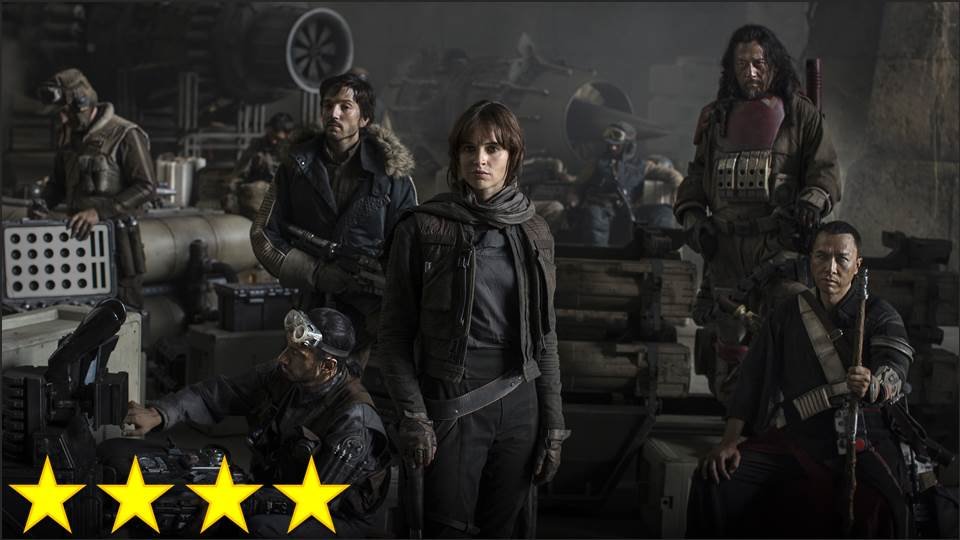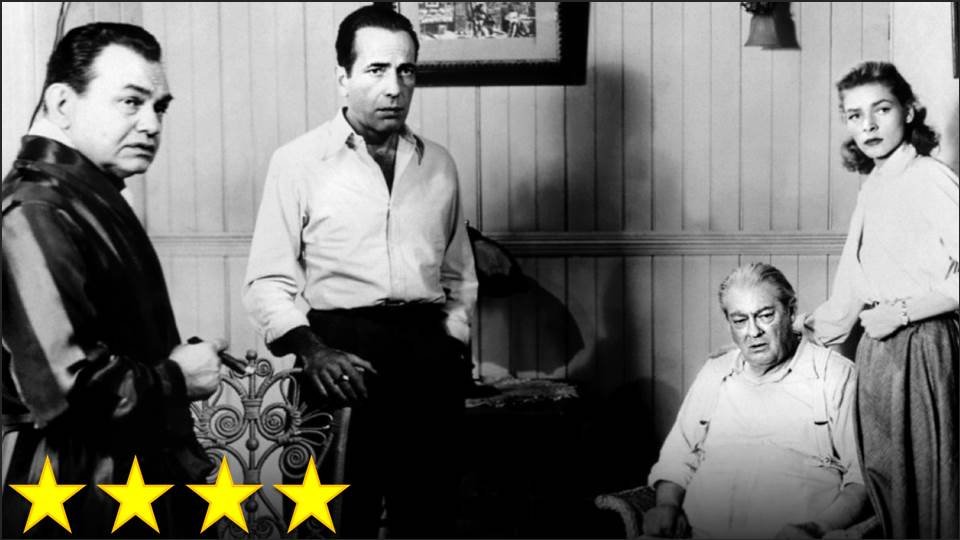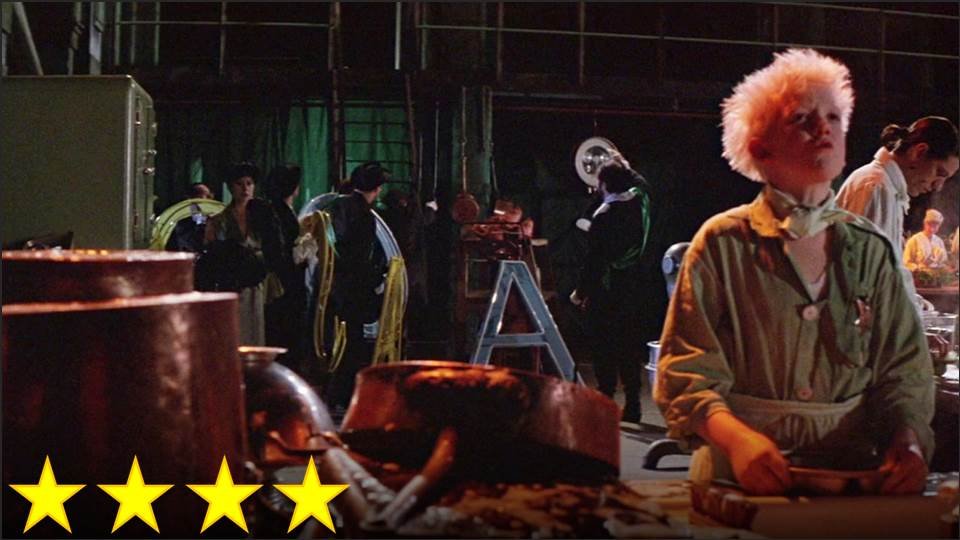One of the personal projects I’ve been meaning to start working on recently is writing an analysis of a sub-genre of fantasy. I call it the “Eighties Fantasy Quest”, and it’s basically a genre for films that feel very much like ’80s movies, yet focus on an adventure through a world full of mythological characters, fairy tale creatures, “high fantasy” concepts, or new things that feel like they spring from one of these three territories. Think of The NeverEnding Story, The Dark Crystal, Willow, Time Bandits, Return to Oz, Legend, Conan the Barbarian, and any other films from the ’80s that don’t just have a fantasy element but in fact seem to drown the viewer in magic, mythology, darkness, and dragons. Obviously, this is a very diverse group of films, so I’ve been trying to find a way to map them out – separating the little girls from the big brutes and the films from Pythoners from the serious adventure thrillers. To help me with this, I decided to watch a film that seems related to this genre and that’s considered an ’80s classic: Big Trouble in Little China.
I thought Big Trouble was fun and all, but I don’t think it was quite what I had in mind. It fits into the genre, but for the most part, I didn’t feel like I was “taken away” to another world – and even Masters of the Universe, which largely takes place in our world, managed to give me that feeling. As much as I enjoyed how immensely ’80s it is, I needed something with more magic, whimsy, and fairy tale-like qualities. It also has a protagonist that’s more on the “barbarian” end of the spectrum of the EFQ genre – the place where hyper-masculinity is sold to the male viewers, although I couldn’t tell if the film was sincere about it. Big Trouble has an odd tonal inconsistency in that Jack Burton is sometimes a joke – an American stereotype who thinks he’s invincible, unbeatable, and irresistible, but is actually an ignorant clown – and sometimes he’s genuinely cool. Regardless, I needed something a little less macho and a little more “classical.”
Enter Ladyhawke, the high-fructose corn syrup to sugar’s Princess Bride – I know it’s not really quite as good, but at times it’s surprisingly very satisfying. The Princess Bride certainly has the more memorable scenes, quotes, and characters, but Ladyhawke has a lot in its corner as well. Conceptually, this is the kind of story one wants from a fantasy romance – something more than the usual “long-lost lover rescues damsel in distress from evil royal person” bit – offering a clever set-up for romantic tension and a unique reason for the audience to be concerned with the characters. This movie doesn’t have as many fairy tale tropes as Princess Bride, or even Labyrinth, but the high concept at its core (which I refuse to spoil for those who haven’t seen the film yet) puts a distinctly “fairy tale” kind of magic at the heart of the story, making the film feel like a fairy tale storybook for adults. I think with the benefit of a few trolls, wizards, giants, dwarfs, fairies, centaurs, goblins, or dragons, it would be just the kind of fantasy story I adore.
With that said, if we shift the focus away from what the film does not do and towards what the film does do, it doesn’t do anything too badly. It’s playful with the “hero’s journey” arc, giving two (or perhaps three) characters the role of the hero against a villain whom the audience really wants to see killed. Matthew Broderick’s accent is hilariously inconsistent, but that actually seems to add to the charm of his character, who has some very good dialogue and a cleverly-written ongoing chat with God. The romance is completely believable, and the movie’s closing has just the right amount of heart in just the right way. What really sells the story, however, is the score by Alan Parsons, whose band has recorded some of my favorite songs. The music Parsons brings to the film makes excellent use of the ’80s synthesizer, giving the film that special quality of being both very timeless and very dated in the best way possible. When all of its odd ingredients are put together, the result is an ’80s classic that will probably hit the spot for anyone in the mood for a truly magical love story.





